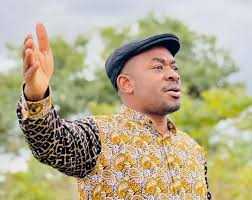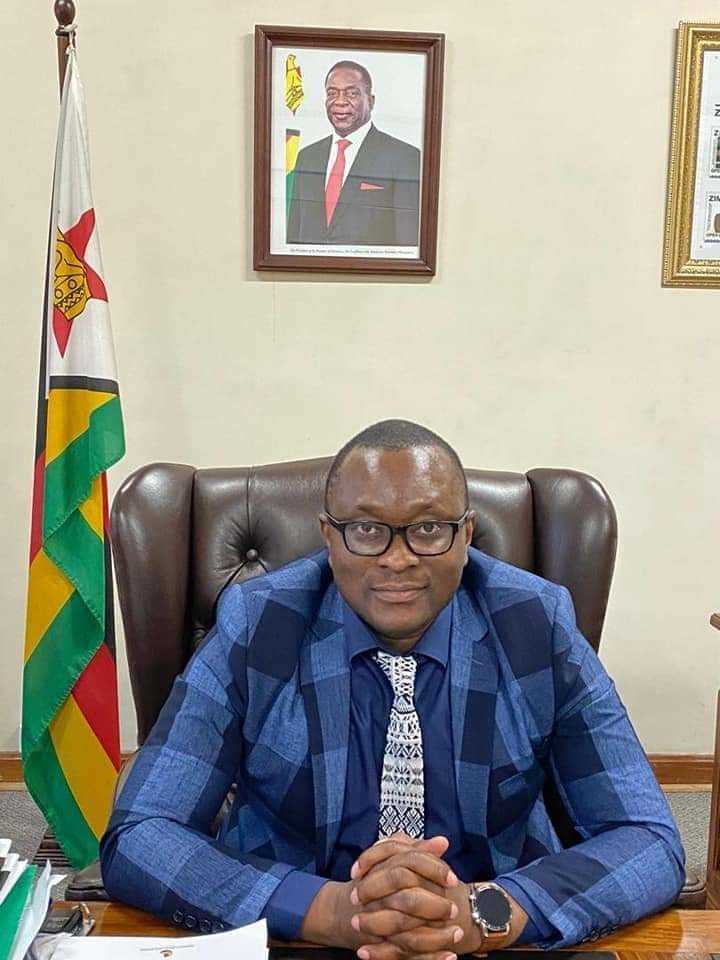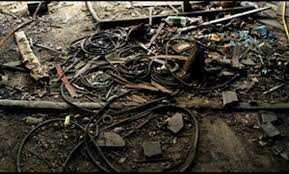
Oscar J Jeke
Nelson Chamisa, the enigmatic figure who has for years embodied the hopes and frustrations of Zimbabwe's opposition, has broken his year-long silence.
His declaration, "I will never betray these great Zimbabweans," reverberates through a political landscape scarred by disarray, raising a pivotal question: Can a new Chamisa-led movement truly rescue the beleaguered opposition and shake the very foundations of ZANU PF's entrenched power, while the "orphaned" Citizens Coalition for Change MPs watch in silence?
For over a year, Chamisa's conspicuous absence left a gaping void in the CCC, the party he founded in 2022 after a contentious split from the MDC Alliance. Now, his re-entry sends a seismic tremor, not just through the opposition ranks, but into the heart of ZANU PF, which has enjoyed a period of relative calm amidst its rivals' implosion.
Chamisa's message is a direct, defiant rebuke of ZANU PF's deepening authoritarianism and a challenge to President Emmerson Mnangagwa's controversial ambitions to extend his presidency beyond 2028.
"The whole 2030 nonsense is a desperate attempt to avoid the people and avoid the elections. It is an attempt to create a window for further destroying an otherwise beautiful country," Chamisa told The Standard, his words cutting through the political noise.
But what of the MPs who rode on Chamisa’s momentum in the 2023 elections, only to be cast adrift by Sengezo Tshabangu's ruthless recalls? Figures like Gift Siziba, Amos Chibaya, Allan Norman “Rusty” Markham, and Fadzayi Mahere, once at the forefront of Chamisa's movement, now find themselves in a precarious limbo – politically marooned, legally compromised, and caught between constituent loyalty and institutional survival.
Some, like Siziba and Mahere, have attempted to maintain relevance through civic initiatives, but without Chamisa’s organizational infrastructure or formal parliamentary recognition, their influence wanes. Markham, a veteran advocate for transparency, remains vocal, yet even his voice struggles to pierce the ZANU PF-dominated Parliament, now bolstered by the very recalls that crippled the opposition.
The path forward for Chamisa remains shrouded in speculation. Will he reclaim the "contaminated" CCC or birth an entirely new political entity? Whispers of "The Covenant for Change," "New Zimbabwe Alliance," and "Democratic Renewal Movement" circulate, each hinting at a spiritual and political rebirth.
What is clear, however, is that any new structure will likely leverage his potent grassroots charisma, extensive church-based networks, and digital mobilization – strategies that secured him a significant 44% of the presidential vote in 2023 despite overwhelming repression.
Meanwhile, the remaining CCC MPs, whether recalled or retained, face a perilous tightrope walk. Embracing Tshabangu risks alienating their voter base, while a swift return to Chamisa could trigger severe legal and institutional repercussions.
Most have resorted to silence, a desperate and ultimately unsustainable strategy in a political arena where visibility and clear allegiance are paramount.
Chamisa’s re-emergence sends ripples of unease through ZANU PF. The ruling party, often perceived as monolithic, harbors internal divisions between hardliners pushing the 2030 agenda and moderates wary of both internal dissent and international condemnation. Should Chamisa successfully forge a credible and broad-based alternative, he could exploit these fissures, drawing in disillusioned urban youth and disgruntled rural voters alike.
Related Stories
A strategically astute comeback could not only revitalize the opposition but also pressure reformist elements within ZANU PF, disrupt the party’s succession calculus, and fundamentally alter the national political narrative.
Yet, Chamisa's greatest hurdle isn't just forming a new party; it's convincing a fatigued electorate, and even his own lieutenants, that this time is genuinely different. That this isn't merely another "optics-driven reset," but a true new beginning anchored in strategy, discipline, and unity – qualities that have eluded consistent demonstration in past cycles.
His dramatic January 2024 exit from the CCC was framed as a strategic retreat from a "hijacked" and "infiltrated" platform. This claim gained traction with Tshabangu's sudden ascent and the subsequent wave of recalls that handed ZANU PF its supermajority. Tshabangu’s public endorsement of Mnangagwa’s third-term ambitions only deepened suspicions of coordinated sabotage.
Chamisa maintains his departure was a principled stand, not an abandonment. “Leaving the CCC is different from leaving the people of Zimbabwe whom I so deeply respect and value,” he asserted, reaffirming his bond with the millions who have stood by him. He continues to brand Mnangagwa’s term extension ambitions as "desperate" and damaging to the nation’s democratic integrity.
However, Chamisa’s history of withdrawing from parties – from the MDC Alliance to the CCC – has drawn sharp criticism. Political analyst Pedzisai Ruhanya likened it to a man fleeing a thief by abandoning his family, a scathing indictment of Chamisa's tendency to exit rather than confront internal disputes.
Critics like Linda Masarira have accused him of "throwing his MPs and councillors under the bus." Few MPs, including Markham, resigned in solidarity, their acts often shrouded in ambiguity.
The CCC's inherent fragility was brutally exposed after Chamisa’s departure. Its lack of a constitution or formal structures rendered it an easy target for Tshabangu’s incursion.
While a rotating interim leadership – including Welshman Ncube, Tendai Biti, and Lynette Karenyi-Kore – has emerged, the party remains profoundly fractured. MPs are left navigating uncertain terrain, neither fully committed to the old vehicle nor yet part of any prospective new one.
Any Chamisa-led movement must confront the formidable, long-standing systemic challenges that plague Zimbabwean politics. ZANU PF’s dominance is reinforced by widespread state capture, electoral manipulation, political violence, and an intricate patronage network. Previous reform efforts have largely been superficial, and civil society, once a strong ally of the opposition, remains stifled by draconian legislation like the recently enacted Private Voluntary Organizations (PVO) Amendment Act.
Chamisa’s previous "structureless" strategy, intended to prevent infiltration, ultimately rendered the CCC vulnerable. His new movement, if it is to avoid a similar fate, must be built on robust, durable structures, decentralized leadership, and genuine participatory mechanisms. Without these, it risks becoming another top-heavy organization revolving solely around a single charismatic figure.
A truly revitalized opposition must adopt intelligent, resilient tactics. It must prioritize tangible "bread and butter" issues that resonate with the daily struggles of ordinary Zimbabweans, moving beyond grand political ideals. Mobilizing the disillusioned youth through digital activism, reminiscent of movements like #ThisFlag and #Tajamuka, offers a potential pathway, though not without significant risk.
As Chamisa prepares for his "massive return," the stakes could not be higher. His ability to forge a robust, inclusive, and forward-looking political vehicle will ultimately determine whether Zimbabwe’s opposition can finally mount a meaningful challenge to ZANU PF’s enduring grip on power.
For the "orphaned" CCC MPs, their continued silence is a stark testament to the opposition's ongoing disarray. The nation waits – hopeful, skeptical, and profoundly weary. The next chapter will define not just Chamisa's legacy, but the very trajectory of Zimbabwe’s fragile democratic experiment.




















Leave Comments